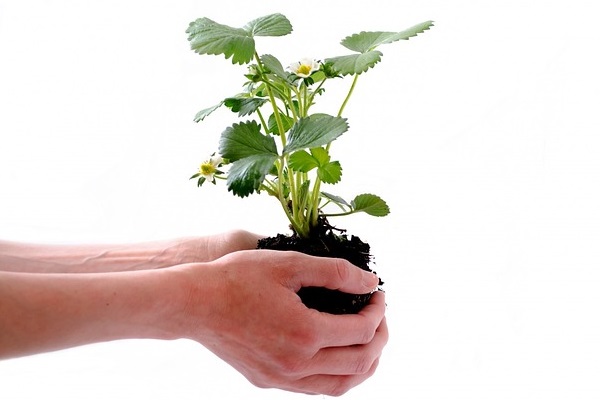We cannot take pride in the fact that we are wise than ever before. We don’t derive, for instance, our ecological inspiration, through technology. Most of our enlightened ideas are drawn from the sublime principles of ancient civilisations — most notably, the Vedas. In addition to this, our understanding of the world may well be traced to our traditional, vernacular cultures — the old commitment of the vernacular man, eternal in every sense, that has helped us to maintain and sustain a subtle, harmonious balance, so essential to preserving planet earth in a welcoming, liberal, and liveable state, in spite of environmental degradation all around.
The basic tenets, of what we call ecology today, were first sculpted, visibly and explicitly, in our ancient, or vernacular, societies. This began with a natural mode of looking at the world, not of the world, in a subjective and expressive manner. The idea was not objective, but rational, inspiring, and direct. Of viewing the world with awe, joy, admiration, and humility — to feel a part of the world, as one whole, and not take undue advantage of it, exploit, or abuse.
The whole idea of looking at the world, as a part of the cosmos, or a living paradise, was based on logic. It celebrated nature’s limitless bounty and benefits — appropriate climate and plentiful supply of water, the nectar of life. Our ancients venerated the planet and its biosphere. They evolved a system, a behavioural blueprint. This motivated and enabled them to preserve the natural order of the biosphere too, or what may be best described as nature’s own biological laws.
In contrast, our worldview today is too narrow. It aims to downsize and legalise political, or policy, intent. The order of the day, in our scientific age, is the precept of progress, or the idea that science, technology, and manufacturing, are the precursors of tomorrow’s Utopia, or ‘Paradise Found.’ We think of all our benefits as man-made advantages, not nature-made systems. This idea is a smorgasbord, or a statistical roll-call, of man-made goods, gadgets, or think of what you may. We do not seem to revere a plethora of non-man-made benefits — a favourable climate, cultivable soil and water. The noble outlook that celebrated a natural principle towards a sustaining and fulfilling society of the past is almost outdated in our madding world.
Well, all of us agree that we live in nature and culture at the same time. But, to say that nature is culture would be revoltingly erroneous and flawed. According to the ancient Vedic principle of rika, the credo, or behavioural form, our ancients worshipped was aimed at maintaining the decisive order of the cosmos, or the religion of the Earth. This principle also finds a pride of place in ancient Greek scriptures. Perhaps, the best answer to all our environmental, or ecological, problems may be found in the wisdom of the traditional type of society that Mahatma Gandhi espoused. Isn’t it, therefore, a travesty of faith that we have reduced the human brain too into a tool, or gadget, of technological progress?
Is there a way out of this disquieting imbalance? Maybe, there is — although it may not be a perfect twenty-twenty vision. One great approach, if at all there is one, is to endeavour at re-establishing balance in life and the environment. Because, ecological descent has, indeed, been a gloomy outcome of our mistaken belief about our natural world — that technology is evolution. We would all do well to remember that our natural world remains stable under normal circumstances, while keeping in mind that its sense of balance is troubled only when we violate its natural working order.

